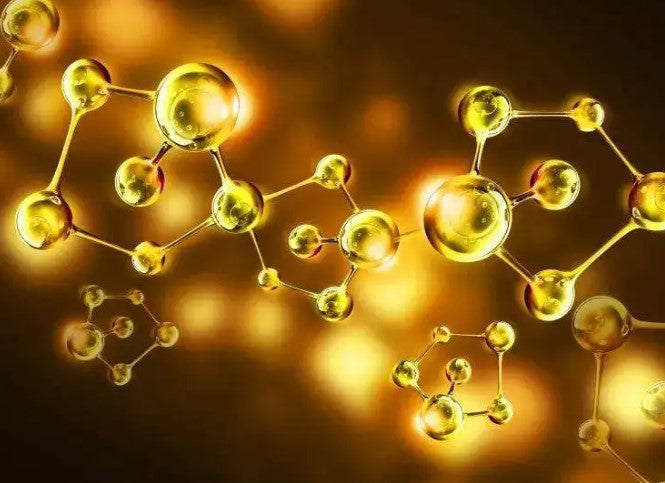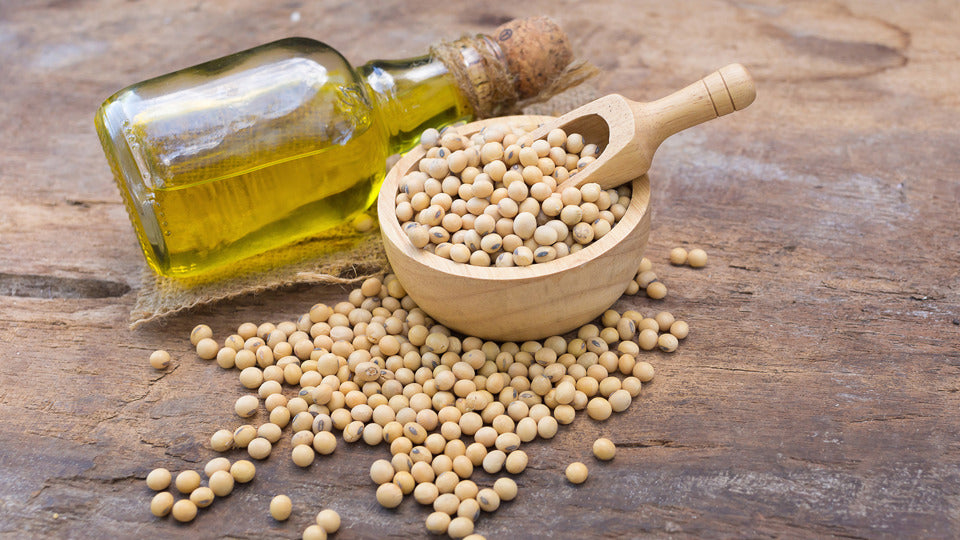
Salicyloyl Phytosphingosine and How It Helps with Aging
What is Salicyloyl Phytosphingosine?
Salicyloyl phytosphingosine is a synthetic cosmetic ingredient often found in skincare products. It's a combination of two components:
- Salicyloyl: This part of the compound is derived from salicylic acid, which is a beta hydroxy acid (BHA) known for its exfoliating and acne-fighting properties. Salicylic acid is commonly used in skincare products to help unclog pores, exfoliate the skin's surface, and address acne and blackheads.
- Phytosphingosine: Phytosphingosine is a type of sphingolipid, which is a class of lipids found in the skin's natural barrier. It plays a role in maintaining the skin's integrity and is known for its potential to support a healthy skin barrier.
The combination of salicyloyl and phytosphingosine is often used in skincare products for its potential benefits, including:
- Exfoliation: Salicyloyl, derived from salicylic acid, helps exfoliate the skin by penetrating pores and breaking down sebum, dead skin cells, and other debris. This can help prevent clogged pores and acne breakouts.
- Acne Management: The salicylic acid component is effective in treating acne by reducing inflammation and preventing the formation of new acne blemishes.
- Skin Barrier Support: Phytosphingosine helps support the skin's natural barrier function, which is essential for maintaining skin health. A strong skin barrier helps protect against external stressors, such as pollution and UV radiation.
- Moisturization: Some formulations containing salicyloyl phytosphingosine include moisturizing ingredients that can help keep the skin hydrated and reduce the potential for dryness or irritation.
Here's how salicyloyl phytosphingosine helps with aging:
Salicyloyl phytosphingosine reinforces the dermal-epidermal junction (DEJ) of the skin. It helps to smooth the skin’s surface, reduce the appearance of wrinkles, and reduce the appearance of pore size.
Here’s how Salicyloyl phytosphingosine may assist:
- Exfoliation: Salicyloyl phytosphingosine contains salicylic acid, a beta hydroxy acid (BHA) known for its exfoliating properties. Regular exfoliation can help remove dead skin cells, promoting a smoother and more youthful complexion. This can reduce the appearance of fine lines and wrinkles.
- Collagen Stimulation: Exfoliating agents like salicylic acid can stimulate collagen production. Collagen is a protein that provides structure to the skin, contributing to its firmness and elasticity. By promoting collagen production, salicyloyl phytosphingosine may help improve skin tone and reduce the appearance of sagging.
- Unclogging Pores: By exfoliating the skin and preventing clogged pores, salicyloyl phytosphingosine may help maintain a clearer complexion. This can prevent the development of blemishes that may contribute to an aged appearance.
- Reduced Inflammation: Salicylic acid, a component of salicyloyl phytosphingosine, has anti-inflammatory properties. This can help calm redness and inflammation associated with aging skin conditions like rosacea.
- Enhanced Absorption of Other Actives: The exfoliating properties of salicyloyl phytosphingosine can also enhance the absorption of other active ingredients in skincare products. This means that it can potentially improve the effectiveness of anti-aging ingredients like antioxidants or retinoids.






